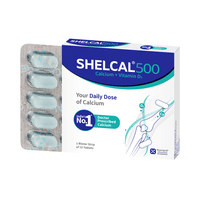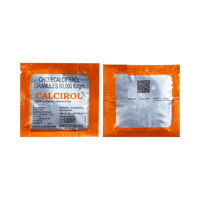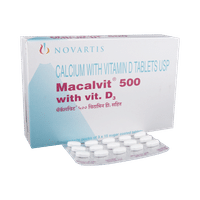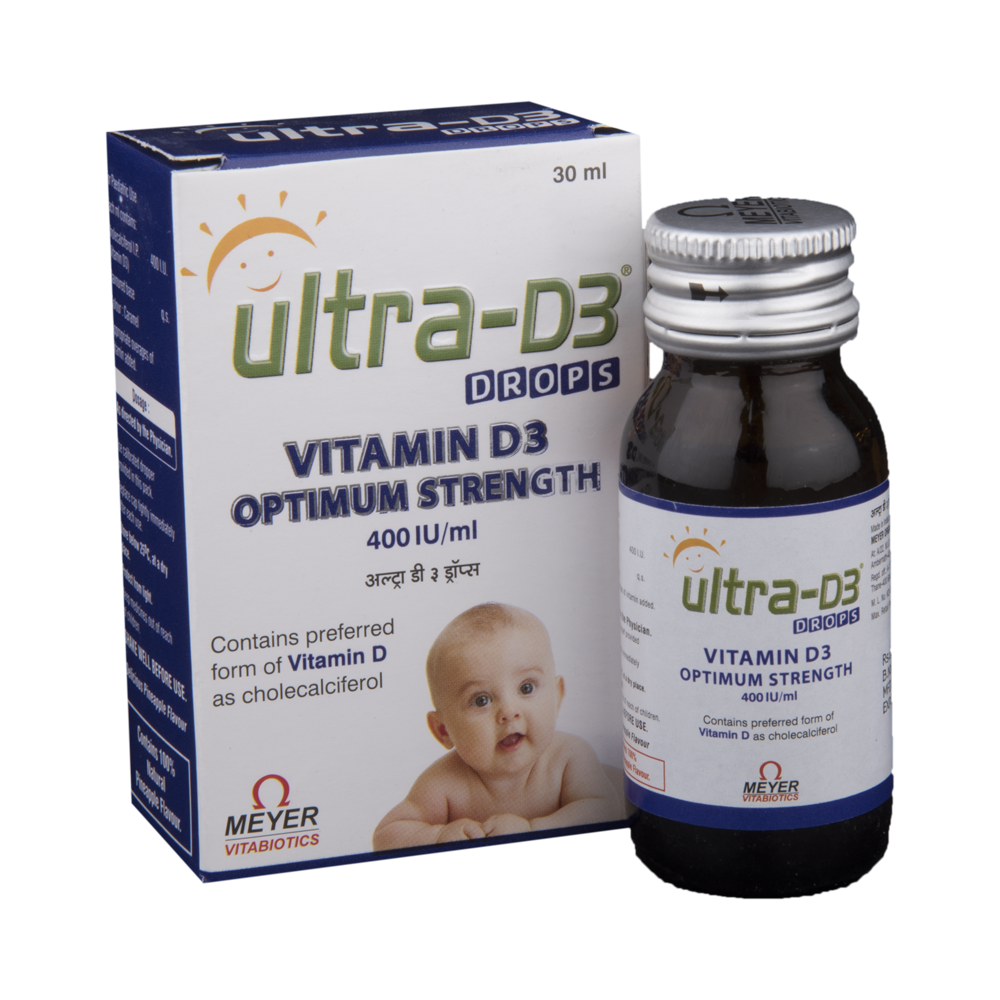Calbona-A Tablet

Rs.102for 1 strip(s) (4 tablets each)
food interaction for Calbona-A
alcohol interaction for Calbona-A
pregnancy interaction for Calbona-A
lactation interaction for Calbona-A
food
alcohol
pregnancy
lactation
Calbona-A Tablet is to be taken on an empty stomach.
Take it in the morning right after getting up from the bed. Do not drink or eat anything for at least 30 minutes after taking this medicine.
None
Take it in the morning right after getting up from the bed. Do not drink or eat anything for at least 30 minutes after taking this medicine.
None
CAUTION
Alcohol should be used with caution while taking Calbona-A Tablet.
CAUTION
The safety of Calbona-A Tablet during pregnancy has not been established. There are no adequate and well-controlled studies in pregnant women, and animal data on reproductive toxicity are insufficient. Your doctor will weigh the benefits and any potential risks before prescribing.
CONSULT YOUR DOCTOR
Calbona-A Tablet may be unsafe to use during breastfeeding. Limited human data suggests that the drug may pass into the breastmilk and harm the baby. It should be used only if the expected benefit outweighs the potential risk. Please consult your doctor.
CONSULT YOUR DOCTOR
SALT INFORMATION FOR Calbona-A
Alendronic Acid(70mg)
Uses
Alendronic Acid is used in the treatment of osteoporosis. It treats osteoporosis in postmenopausal women and men at high risk of fractures.
How it works
Alendronic Acid is a bisphosphonate. It works by suppressing the activity of osteoclasts, cells that cause destruction of bone. This strengthens the bones and minimizes the risk of fractures.
Common side effects
Headache, Musculoskeletal (bone, muscle or joint) pain, Diarrhea, Rash, Esophageal erosion, Gastro-esophageal reflux disease, Abdominal distension, Nausea, Abdominal pain, Difficulty in swallowing, Esophageal ulcer, Erythema (skin redness), Stomach inflammation, Flatulence, Constipation, Dyspepsia, Acid regurgitation, Muscle cramp, Dizziness, Taste change, Hair loss, Itching, Joint swelling, Weakness, Peripheral edema, Vomiting, Dark colored stool, Eye inflammation, Esophageal stricture, Red spots or bumps, Angioedema (swelling of deeper layers of skin), Symptomatic hypocalcemia, Osteonecrosis of the external auditory canal, Stevens-Johnson syndrome
Vitamin D3(5600IU)
Uses
Vitamin D3 is used in the treatment of Vitamin D deficiency and osteoporosis.
How it works
Vitamin D3 is a form of vitamin D. It raises vitamin D levels in your blood. This in turn raises calcium levels in your blood by helping you absorb more calcium from food.
Common side effects
Increased calcium in urine, Loss of appetite, Increased calcium level in blood, Itching, Rash, Urticaria, Facial swelling, Genital edema, Dry skin, Nail disorder, Erythematous rash, Decreased prothrombin level in blood, Difficulty in swallowing, Weakness, Fatigue, Sleepiness, Headache, Dryness in mouth, Metallic taste, Nausea, Vomiting
SUBSTITUTES FOR Calbona-A
18 Substitutes
18 Substitutes
Sorted By
 Rs. 257.80pay 148% more per Tablet
Rs. 257.80pay 148% more per Tablet Rs. 517.50pay 398% more per Tablet
Rs. 517.50pay 398% more per Tablet Rs. 205.30pay 101% more per Tablet
Rs. 205.30pay 101% more per Tablet Rs. 206.24pay 86% more per Tablet
Rs. 206.24pay 86% more per Tablet Rs. 308.30pay 196% more per Tablet
Rs. 308.30pay 196% more per Tablet
Expert advice FOR Calbona-A
- Your doctor has prescribed Alendronic Acid to make your bones stronger and lower the risk of fractures.
- Take it in the morning at least 30 minutes before eating or drinking anything.
- Maintain an upright posture for 30 minutes after taking the medication so the medicine does not irritate your food pipe.
- It may cause the amount of calcium in your blood to fall. Take calcium-rich food in your diet and have regular blood tests to monitor the level of calcium in your blood.
- It is important to look after your mouth and teeth while you are taking this medicine. Have regular dental check-ups and inform your dentist about taking Alendronic Acid.
- Your doctor has prescribed Alendronic Acid to make your bones stronger and lower the risk of fractures.
- Take it in the morning at least 30 minutes before eating or drinking anything.
- Maintain an upright posture for 30 minutes after taking the medication so the medicine does not irritate your food pipe.
- It may cause the amount of calcium in your blood to fall. Take calcium-rich food in your diet and have regular blood tests to monitor the level of calcium in your blood.
- It is important to look after your mouth and teeth while you are taking this medicine. Have regular dental check-ups and inform your dentist about taking Alendronic Acid.
Frequently asked questions FOR Calbona-A
Alendronic Acid
Q. How to take Alendronic Acid?
It should be taken in the morning after getting up on an empty stomach with a full glass of water. Do not lie down and stay fully upright for at least 30 minutes after swallowing the medicine. Avoid taking any food or medication for the next 30 mins after taking this medicine. Take this medicine only after consulting the doctor and follow the instructions advised.
Q. Why can you not lie down after taking Alendronic Acid?
No, one should not lie down after taking Alendronic Acid. This is because there is a possibility that the medication might come back up into the esophagus (food pipe) and even damage the esophagus. Staying upright will help the medicine to settle down quickly in your stomach and prevent side effects like heartburn and pain.
Q. Does Alendronic Acid cause hair loss?
Yes, Alendronic Acid can cause hair loss, but this is not a common side effect. If you experience hair loss while taking this medication immediately report to your doctor and follow the advice given.
Vitamin D3
Q. Is it better to take Vitamin D3 at night or in the morning?
You can take Vitamin D3 at any time of the day, morning, or night. However, there is limited information available about the best time to take Vitamin D3. Take it exactly as advised by your doctor.
Q. What are the benefits of taking Vitamin D3?
Vitamin D3 is important for maintaining bone health, support the health of the immune system, brain, and nervous system. It also regulates insulin levels and is also important for a healthy heart and blood vessels.
Q. How should Vitamin D3 be taken?
Vitamin D3 should be swallowed whole with water and should not be crushed or chewed. It is advised to take it with the main meal of the day to increase its absorption.






















